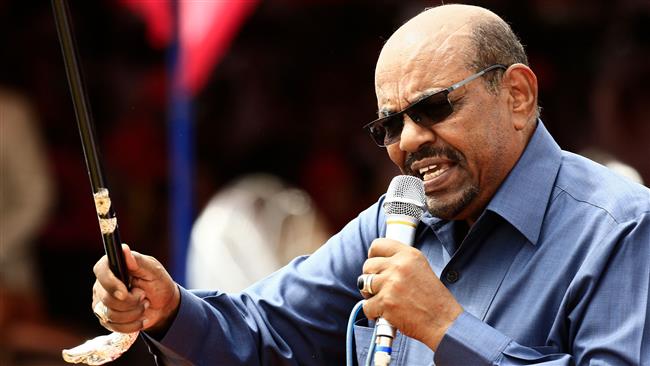Sudan: Ousted leader to appear in court on corruption charges
Ousted Sudanese leader Omar al-Bashir will appear in court next week to face charges of corruption and possessing foreign currency, the country’s acting prosecutor general told reporters on Saturday.
The announcement came more than two months after the military overthrew Bashir on April 11 following months of nationwide protests against his 30-year iron-fisted rule.
Bashir “will appear in court next week following charges of corruption and possessing foreign currency,” Al-Waleed Sayyed Ahmed said, without specifying the day.
He added that the investigation launched against Bashir for the charges had been completed.
On Thursday, an unnamed Sudanese official was quoted by the official SUNA news agency as saying Bashir was facing charges including “possessing foreign funds, acquiring suspected and illegal wealth and ordering (the state of) emergency”.
In April, Sudan’s army ruler General Abdel Fattah al-Burhan said that more than $113 million worth of cash in three currencies had been seized from Bashir’s residence.
He said a team of police, army and security agents found seven million euros ($7.8 million), $350,000 and five billion Sudanese pounds ($105 million).
Bashir swept to power in an Islamist-backed coup in 1989.
Sudan suffered high rates of corruption during his rule, ranking 172 out of 180 countries in Transparency International’s 2018 Corruption Perceptions Index.
Last month, Ahmed ordered Bashir questioned over money-laundering and “financing terrorism”.
In an effort to quell protests that erupted against his rule in December, Bashir imposed a nationwide state of emergency on February 22.
In May, the prosecutor general said that Bashir had been charged over the killings of protesters during those anti-regime demonstrations, which eventually led to his ouster.
Ahmed also said on Saturday that 41 other charges against “symbols of the ousted regime” were under investigation.
He did not name the others accused but said most of the charges were related to the “possession of land”.
(AFP)





